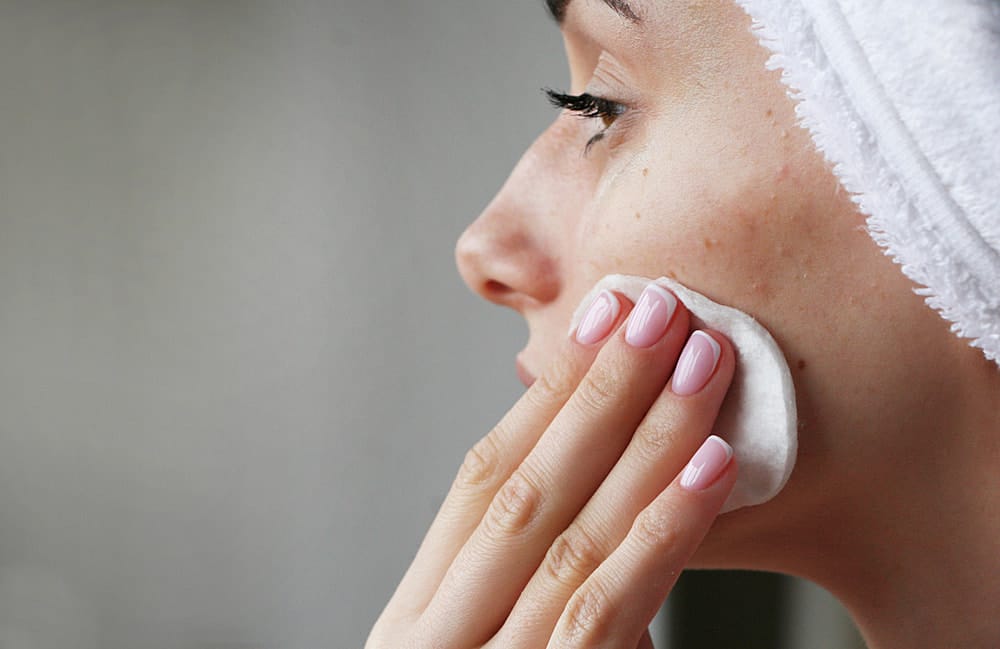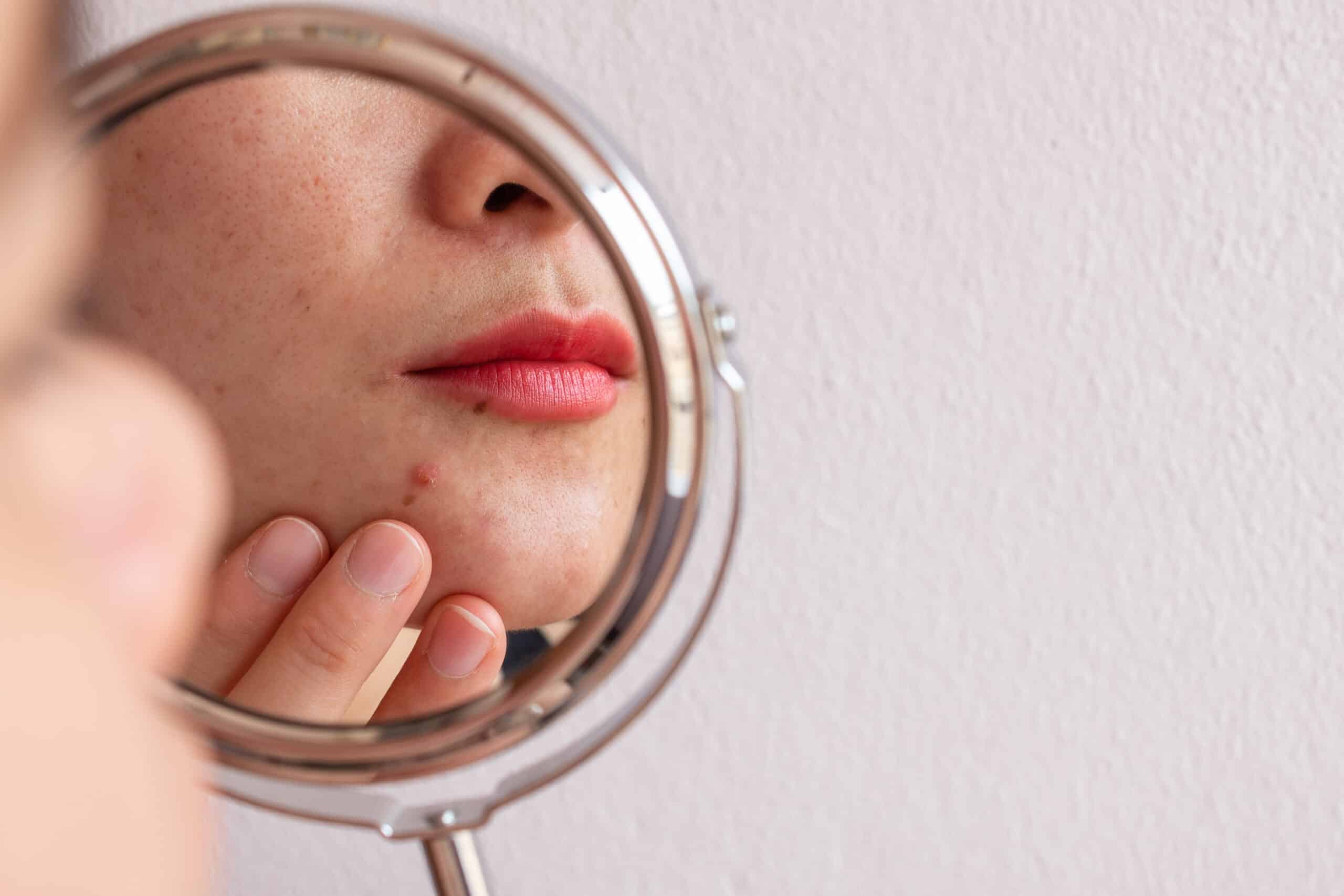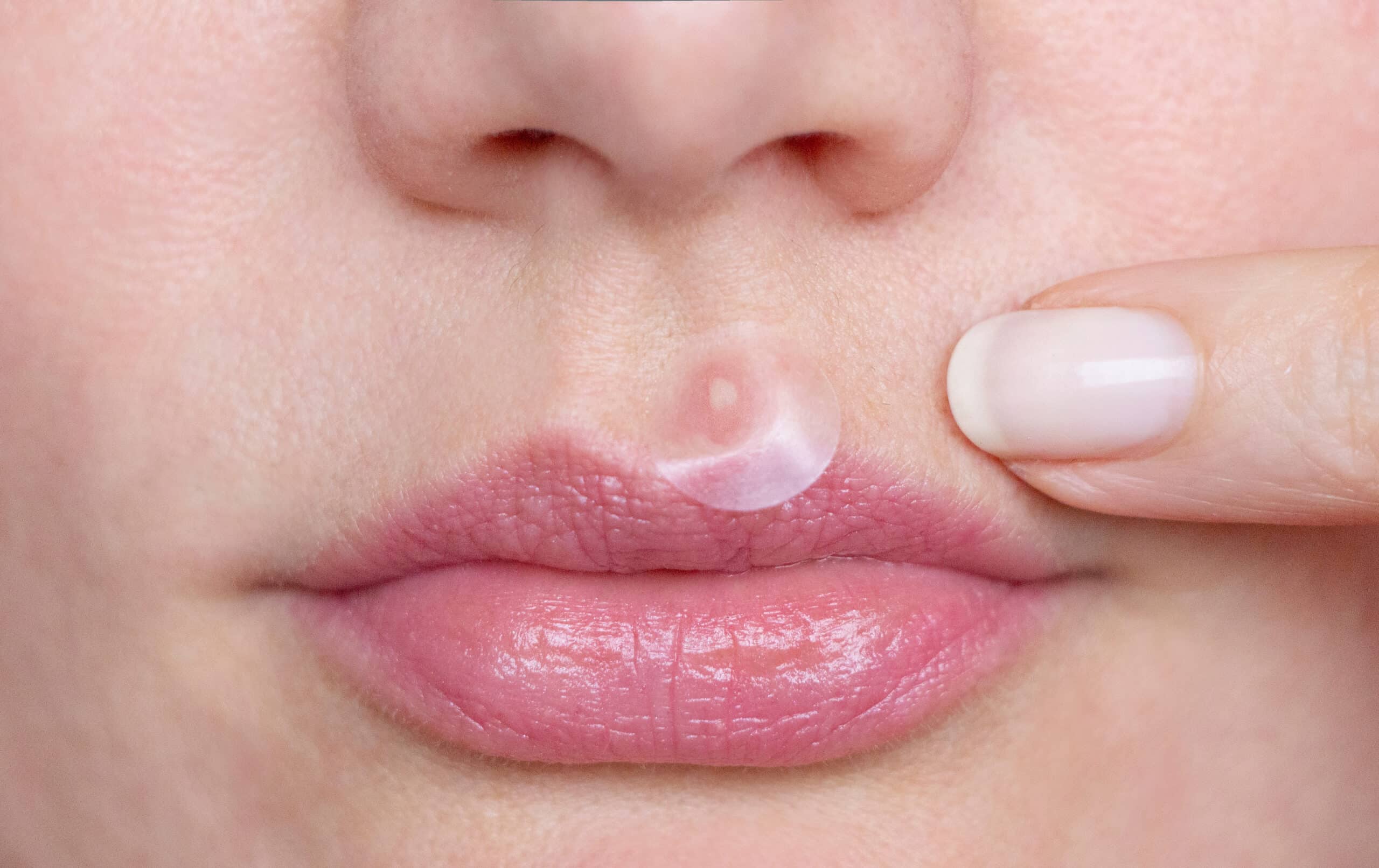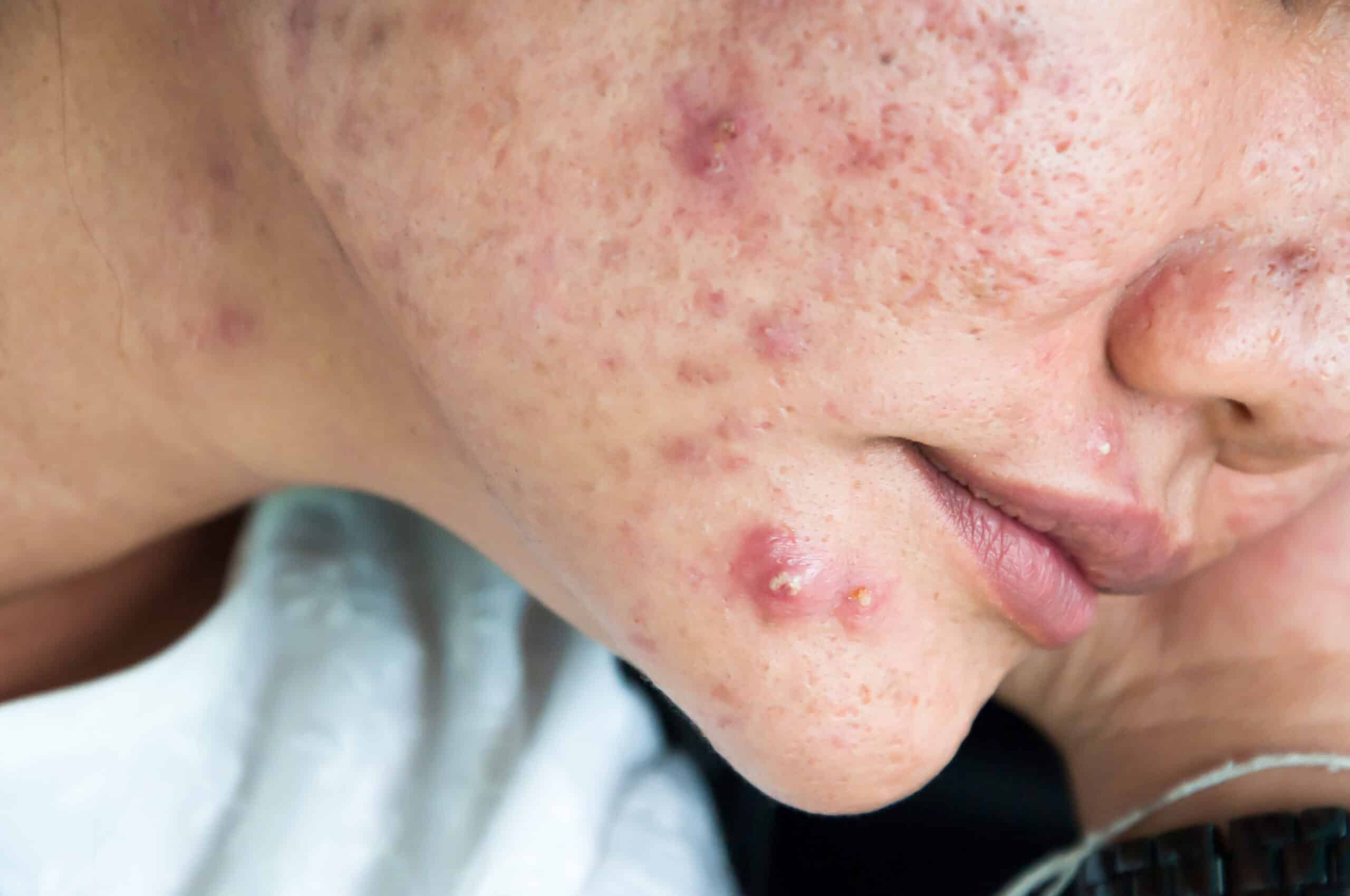


Imagine this: It’s the evening before that final interview round for that dream job of yours. You feel a tingling discomfort on your face. Looking into the mirror, you find the tell tale red bump of a developing acne situation in a noticeable region of your face. Acne rears its ugly head one more, actively trying to ruin your big day.
As you frantically search for a solution to that annoying bump that is growing uncomfortably quick and large, you land upon the acne patch solution. But is it useful, and should you use an acne patch to quickly fix your problem? Let’s take a closer look at acne patches and what it can do for you.

Just like the problem they are trying to fix, acne patches are not universal in nature. Like acne, the patches that help you deal with it can be broken down into a few different categories, depending on what your objective is. Let’s talk about that first.
Medicated acne patches help you to deal with acne that is active. Active acne often still has the acne-causing bacteria and these patches work to kill this bacteria while reducing inflammation. Usually, medicated acne patches use salicylic acid, tea tree oil, denatured alcohol, hyaluronic acid or niacinamide as active ingredients.
Medicated patches are usually used for acne papules, which are those small, hard red bumps that show up during an acne attack. However, medicated patches can also be used on nodular acne, which looks like a small bump under your skin. This form of acne can look similar to your skin tone, but will turn red as the area gets more inflammed. It also goes deep into the skin, making it one of the more severe forms of acne.
You can also use a medicated patch on cystic acne, which is painful to the touch and characterised by large, pus-filled cysts, redness and tenderness. Cysts are formed deep under your skin, and are quite noticeable to the naked eye. If the cyst is particularly large, you might also want to consider alternative treatments.
This is a newer kind of medicated patch that is said to be helpful for deeper cystic acne. Don’t be too worried about the needles because they are so fine that you will hardly feel them. In fact, these microneedles dissolve as you use the patch, helping to reduce inflammation as time goes by.
The reason for using these tiny, fine needles is because they can gently, and painlessly, penetrate the skin to deliver the active ingredients from the patches into the lower layers of the skin. These active ingredients then work their magic to help you deal with deeper cystic acne.
Also known as hydrocolloid patches, these adhesives tend to be smaller in size. Hydrocolloid bandages are often used on post-surgery wound openings due to their moisture absorbing properties. In the same way, these hydrocolloid patches help you to heal by pulling out liquid from pimples to dry them out.
In addition to drying out the pimple and extracting toxins from the spot, these patches also protect the site from any further exposure to bacteria from the outside. It also blocks sunlight, which can irritate the skin and cause further pain and redness. Finally, having a pimple patch like this will discourage picking on the pimple, which would aggravate the wound and introduce unwanted bacteria.
These types of patches do not carry anti-bacterial properties, and should be used on a more superficial form of acne. This means pimples, smaller pus-filled bumps, blackheads, and whiteheads.

So we have established the fact that acne patches can help you treat or recover from acne, and that there are different types of patches to help you through specific parts of the process. However, we should also know more about when we should not deploy acne patches.
For a start, acne patches do not help with situations where the lesion lies below the surface. Additionally, these patches do not help with comedones, which are basically pores or hair follicles that have been blocked with bacteria.
Acne patches are also very specific spot treatments that are meant to deal with an ongoing situation. If you have a widespread or large-scale acne issue, there is no way that an acne patch is going to help you. If you are looking to prevent acne from breaking out, you are better off using a good cleanser as opposed to using a patch.
If your acne comes from an underlying issue like a hormonal imbalance, then acne patches are not going to be enough. In these cases, you should be seeking treatment from a doctor who can help you the correct medications.
At the end of the day…
Acne is caused by a wide-ranging series of triggers, ranging from hygiene to hormones. With this in mind, acne patches are only one solution in the vast array of treatments available for different kinds of acne.
These patches are effective as a solution for managing mild and superficial acne when it occurs , but not useful for acne prevention, or dealing with deeper forms of acne that might be a result of other underlying issues. Acne patches are also not practical for dealing with larger outbreaks, and alternative treatments should be sought for these situations..
Acne patches are just one of many treatments for acne. To find the right treatment, you will need a trained medical professional. Our qualified doctors customise suitable treatment plans based on your skin type and condition.
If you are tired of seeing acne forming on your face, SL Aesthetic Clinic can provide you with the necessary diagnosis and treatment to alleviate your aesthetic concerns. Call us now at 6235 3246, or Whatsapp us at 9850 7112.
Like what you read? Share them!